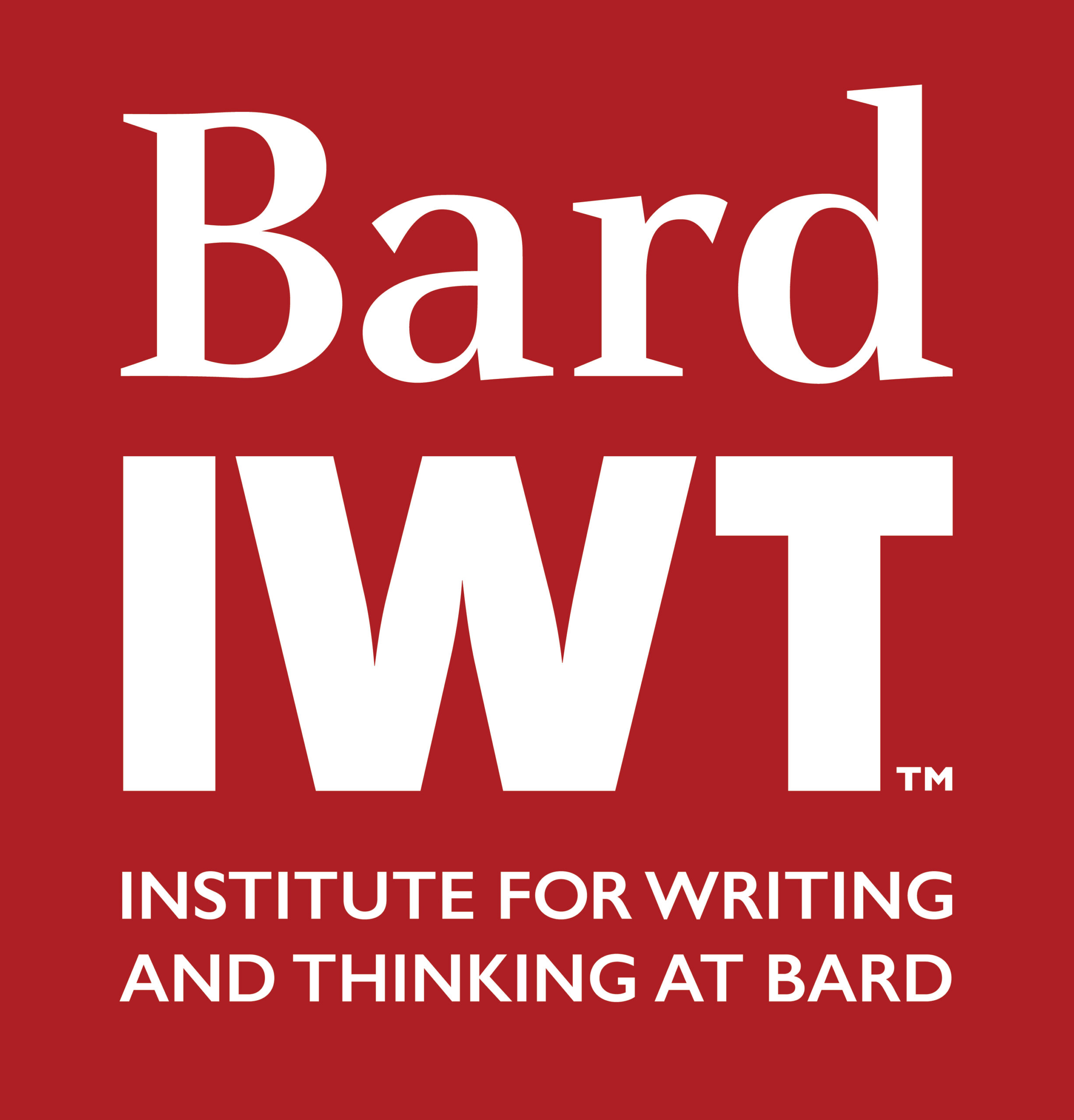
Bard College Institute for Writing and Thinking
Last updated on August 14, 2024
Grant awarded by
Region
Organization Type
Congressional District(s)
Fiscal Year Of First Grant
Contributing Organization(s)
Organization description
IWT was founded in 1982 by Bard College president Leon Botstein. Since its inception, it has helped teachers develop writing practices that enliven classroom learning through writing. IWT’s philosophy and practice center on the principle that writing is not merely a record of completed thought, but also an exploratory process that deepens learning across disciplines. Bard IWT offers faculty development workshops that focus on student-centered writing to learn practices.
IWT workshops create opportunities for teachers from diverse disciplines and institutions to explore how writing-rich teaching practices can deepen thinking and promote understanding. Participants thrive on the sense of community that emerges as they work together. Discipline specific workshops for secondary teachers and university professors emphasize hands-on instruction in a collaborative learning environment, teachers hone skills that help students discover and interpret meaning, engage in productive dialogue, and learn critical thinking skills that support academic writing and learning.
Project description
TPS project focus
- Workshops
Content focus
- Art
- Cultural Studies
- English Language Arts
- Equity and Inclusion
- Gender Studies
- General Studies
- Geography
- History
- Math
- Research
- Science
- Civil Rights
- Civil War
Audience
- Administrators
- Classroom teachers
- Curriculum coordinators
- Librarians/Media specialists
- Students
- Teacher candidates/Student teachers
- University faculty
Level(s)
- 6 - 8
- 9 - 12
- Adult learning
- Undergraduate
- Graduate
Population focus
- African Americans
- Asian Americans
- English language learners
- Hispanic/Latinx
- Jewish Americans
- LGBTQIA+
- Low income
- Men and boys
- Muslim Americans
- Native American/Indigenous
- Rural
- Urban
- Women and girls